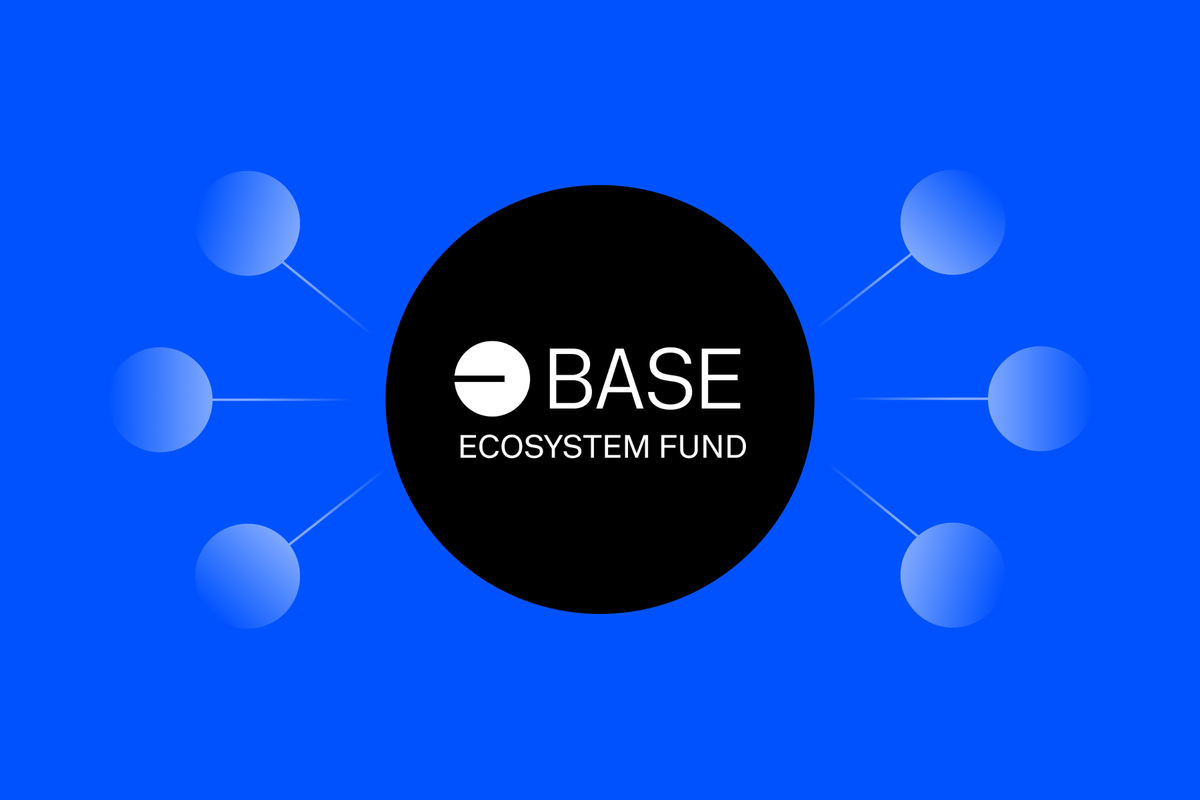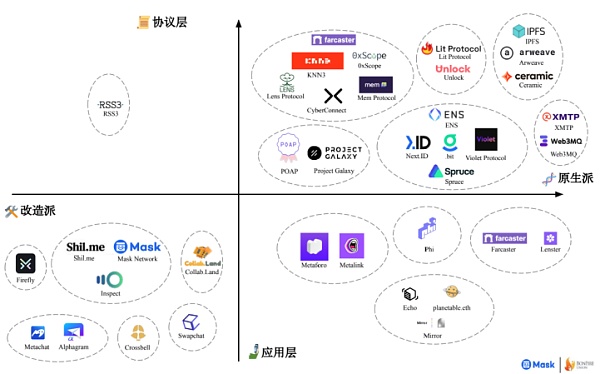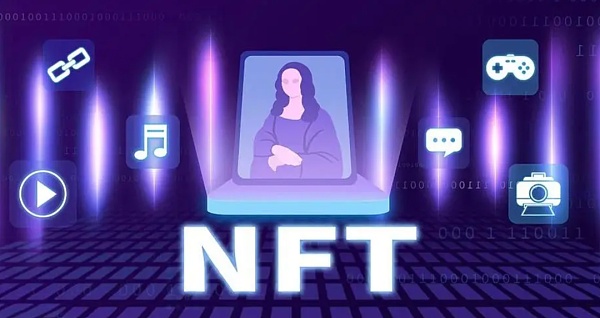Viewpoint | Lane Rettig: The governance of Ethereum is in trouble
Editor's Note: Friends who have recently followed EthFnas should be familiar with the name Lane Rettig, a developer on the EWASM team, but he is also very concerned about governance issues. His long article, "Do you want to be a core developer?" is the material I have seen the most complete description of the entire EIP process. Recently, he published a series of tweets on Twitter, saying that "the governance of Ethereum has encountered major setbacks", and the heart of sincerity is beyond words. This article is a series of his tweets and his debates with others.
Lane Rettig:
The management of Ethereum has failed (has failed).
We are actually technocracy: a small group of technical experts (core developers) have the final say on protocol updates.
- Gu Yanxi: The next cross-border financial alliance based on blockchain
- BlockFi CEO: Stabilize the market value of the currency or exceed BTC within five years
- The first batch of blockchain information was released: Beijing enterprises have the most, BATJ are listed
But today we are facing more and more challenges in non-technical areas. Core developers don't want to make these decisions because they don't have enough self-confidence, are afraid to take legal risks, or are used to avoiding conflicts and just like to write code.
The Ethereum Foundation will not make a decision because they are afraid, and when they say good, they are worried about favoring one side, and when they are bad, they are afraid to stand by (to express their opinions). The legitimacy of the foundation is also at stake, because they can't make a new ethereum.org, they can't get enough rewards for developers, they can't even respond to bonus applications, and so on.
I think there are several choices on the table. I am also very curious about how the community will choose. (Of course, not making any decisions and changes is also an option.)
1) Completely abandon governance and become like Bitcoin. No more difficult decisions are made, the agreement is no longer evolving, progress will slow down, and then other projects will eat away the results of Ethereum.
2) Replacing technical experts with plutocracy. But the holders of the currency will also be immersed in ecstasy, so that they cannot take this decision. (As long as we don't have a formal, special identity system, Democracy is not a viable option at all.)
3) In the current tyranny brought about by the lack of a clear governance structure, continue to indulge, give up the technocratic rule, embrace the elite, that is, those who have developed relationships in the community and have already had power.
4) Admit that decentralized governance simply does not work, give up Ethereum, and work in other better places.
5) Admit that decentralized governance is still not working, but maybe one day we can figure out what to do. Therefore, we will return to the centralized governance model for the time being, and introduce transparency, accountability, and so on to create the best tools for clear governance, and try to avoid the complete abduction of governance.
Frankly speaking, this is really a menu that makes people feel bad. If #5 is really our best choice now, then when is it the head, right? What reason do we think that decentralized governance will suddenly become feasible in the future? If this is true, what will happen? Where is our road map?
However, if we choose #1~#4, we have given up, surrendered, and admitted that the Ethereum experiment has failed.
Lane Rettig's conversation with Alex Skidanov (founder of the Near Agreement)
Alex: I think #5 is quite good. If there is a centralized entity (which can be removed by voting) to do all the development, and everyone agrees that the organization is still wise, the agreement can be fast
Rettig: You are putting the cart before the horse. Vote for removal? Who will vote? If they can be voted for, they will not have the final decision, right? Who has it?
A: Well, the simplest, currency holders vote, can you? And it is best to set up some legislatures, because the money-bearers will only vote when things are extremely wrong. Double spending, censorship, and deliberate neglect do not allow people to take action, as we have seen in EOS.
R: Isn't this the rule of the chaebol? If you like it, that's fine. I refuse this option only because I don't want Ethereum to be kidnapped by the chaebol.
A: But isn't this a good model in current decentralized governance?
Lane Rettig's conversation with Vlad Zamfir
Vlad: Say good faith?
Lane: I am full of faith. Ethereum and all the outstanding Ethereum people gave me confidence in human nature. But, still that problem, we are stuck. Are you giving a support vote for #5? Can we finally switch back?
Vlad: #5 I am blowing! Although I will use a completely different framework… I want to say that decentralized governance has not evolved to deal with non-technical issues because of serious legal/political reasons.
Lane: But Vlad, we need to make a decision now ! We are clearly in a dilemma, and the agreement has apparently ceased to evolve. No decision, we can't go that day, even we can't go anywhere. So who is going to make these decisions? Where is our #5 roadmap?
Vlad: The governance of Ethereum is not failing, but never considering the challenges of dealing with non-technical factors in the past. Moreover, it is a pity that people have been trying to make decisions against non-technical factors with a system set up for technical challenges.
We need to do a lot of serious basic work in the area of blockchain governance, law and politics, and then we can control it all.
The EIP process and all developer conferences were not originally set up for legal and political challenges, so it seems to me that these issues should not be thrown at them.
Lane Rettig's conversation with Ryan Sean Adams
Ryan: I disagree with you. The governance of Ethereum is somewhat loose, but don't think it is a failure. So far, most of the results it produces are good, and they have also maintained resistance to kidnapping.
This looseness and confusion is a testament to the decentralized nature of the system. If everything looks clean and tidy, I will be more worried.
(connected to Vlad)
Rayn:
The protocol layer has stopped progressing
Every important part of the ETH 2.0 technology design is rapidly iterative. What are you talking about?
Lane: ETH2.0 is a distant promised place, and unless we have a governance model that will lead us there, it won't come. We are now at point A, ETH2.0 is at point Q, but we don't know how to go from A to Q. You said, how do we go?
Ryan: Yes, our governance system is now taking us to ETH2.0. I see that the test network will be released this week.
"The distant promised land", "Ethernet governance has failed", "the protocol layer is stopping evolution"…
I said really, why are you so vocal?
Lane Rettig:
Let me first argue for myself: the "failed" tone is strong and may be a bit too strong. In fact, the use of "failure", "possible failure" or "falling into a deadlock" means the same. My point is that we have been blocked. Ethereum is still running and the network is still out, but we are deadlocked.
To clarify: I don't think Ethereum is going to fail. But I think the governance of Ethereum is failing. There is a big difference in this. We need a frank dialogue to discuss how to solve this problem.
I'm sure that if we can't make a decision on #progpow and money recovery and similar things, we have no chance at all to achieve achievements like #ETH1.x and #ETH2.0 because there are both technical and social challenges, and It will affect more stakeholders in a far more complex way than the current one.
come on. See if you can change my mind.
Editor's Note: You can see in the message below Twitter that most people either support #5, or support #2, or think that Lane is basically nonsense. And Lane is indeed in the back of the enemy (otherwise it will not publish the two ends of the self-argument), but he is still trying to express his own ideas. I am embarrassed about the efforts of Lane.
Original link:
Https://twitter.com/lrettig/status/1112073070460747777
Author: Lane Rettig, etc.
Translation & Proofreading: Ajian
(This article is from the EthFans of Ethereum fans, and it is strictly forbidden to reprint without the permission of the author.
We will continue to update Blocking; if you have any questions or suggestions, please contact us!
Was this article helpful?
93 out of 132 found this helpful
Related articles
- Learn more about the symbiotic relationship between blockchain, 5G and the Internet of Things: how will they subvert the world?
- Viewpoint: Trusting the economy and smart assets
- Pan Chao: The clearing system and blockchain network behind JP Morgan Chase
- From the Internet deposit, look at the blockchain solution
- In the face of the flood season, eight industries screamed for a short period of time to reveal the market prospects
- Exclusive 丨 Alipay launched the world's first flying blockchain phone on April Fool's Day!
- The public chain everiToken brings together four major projects to explore the blockchain investment and development






